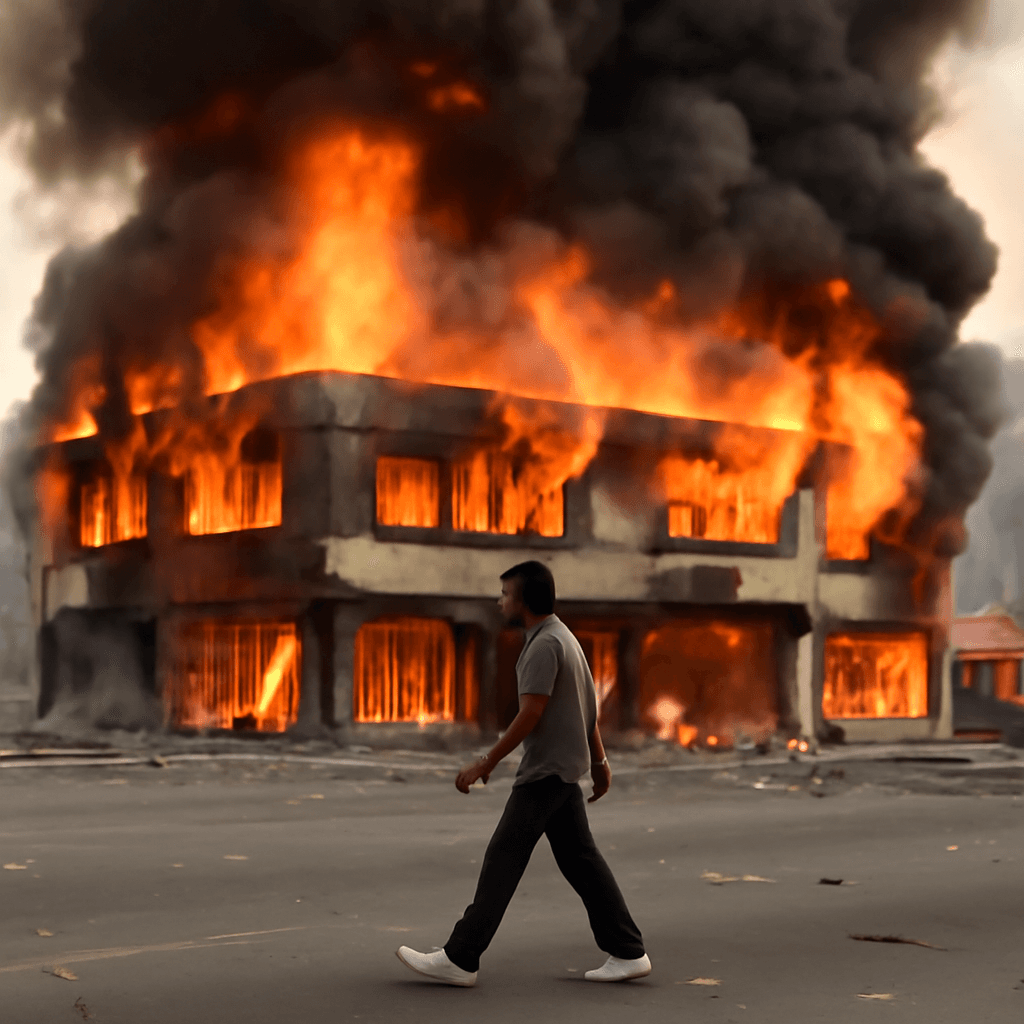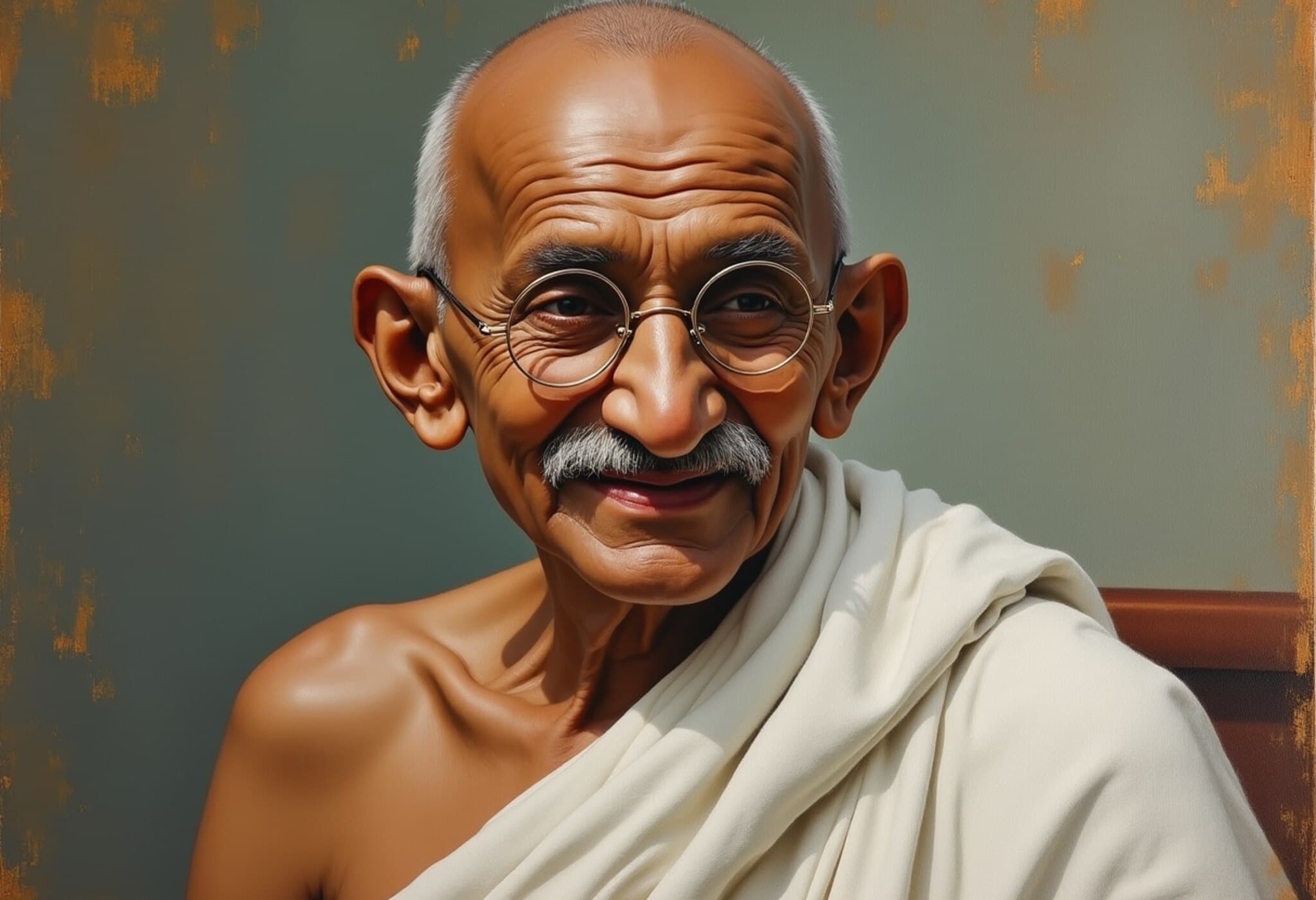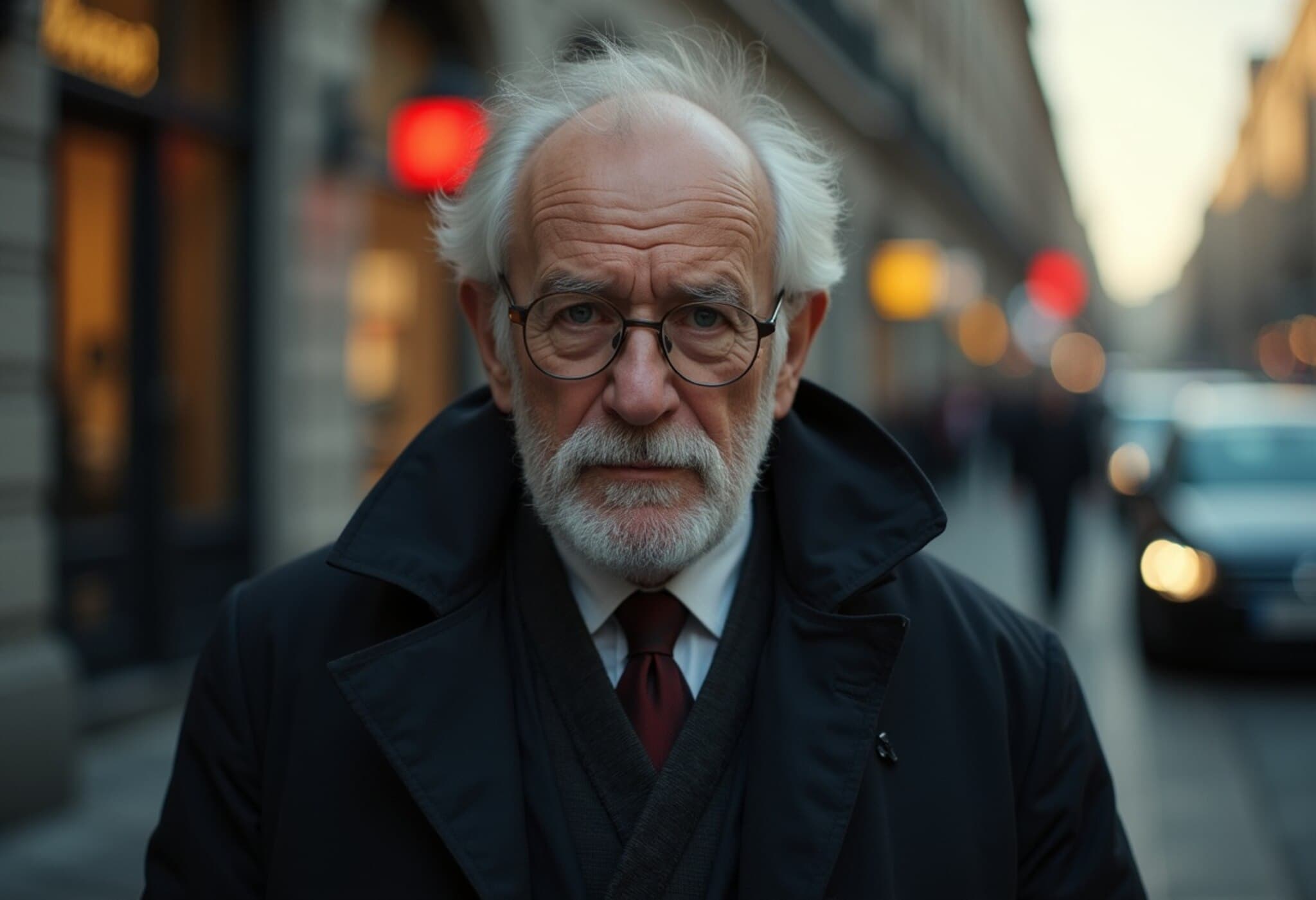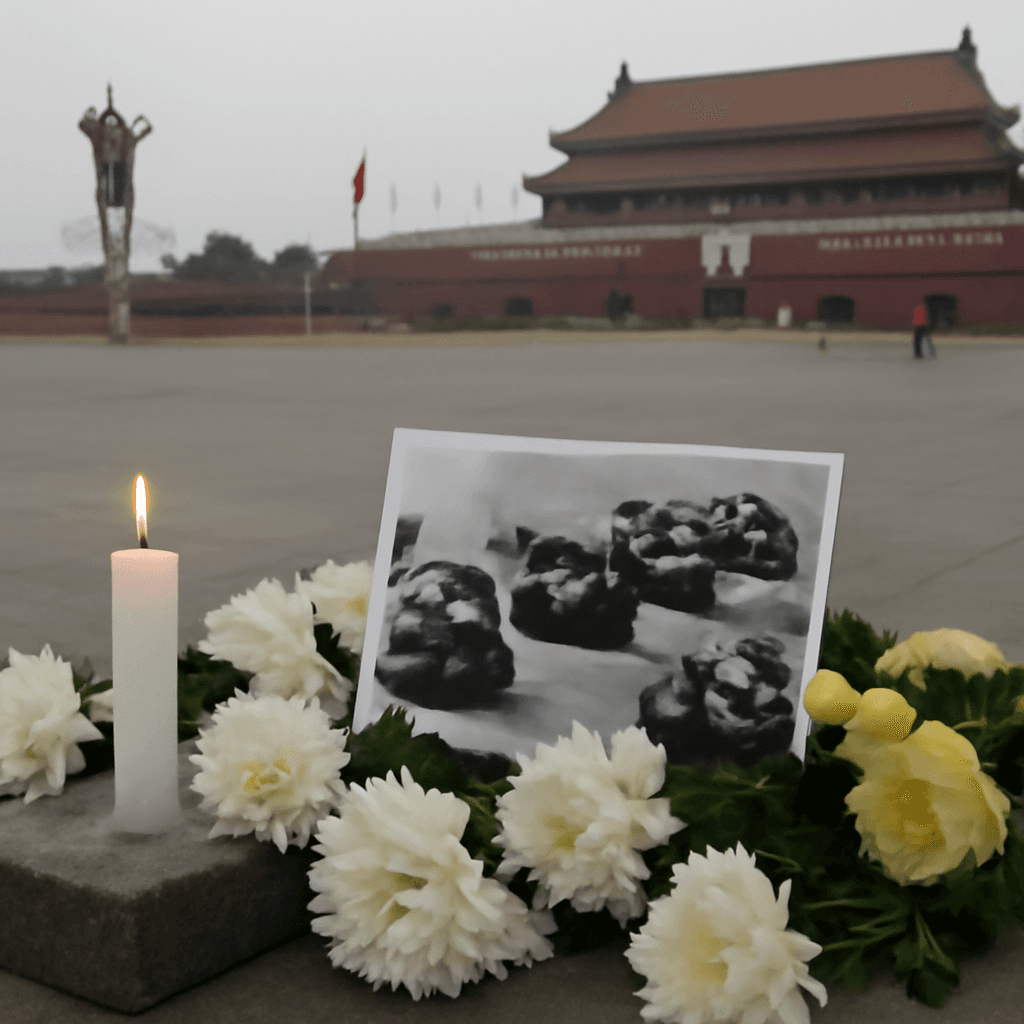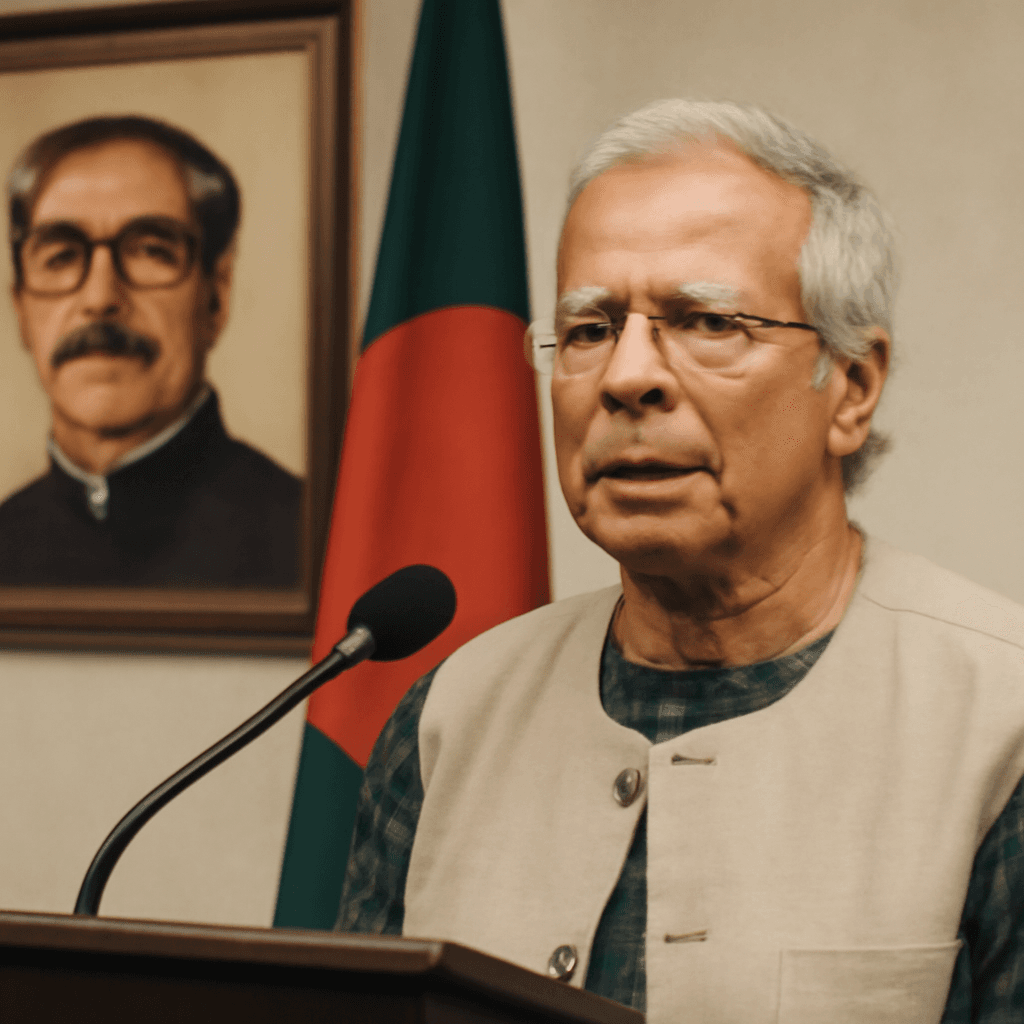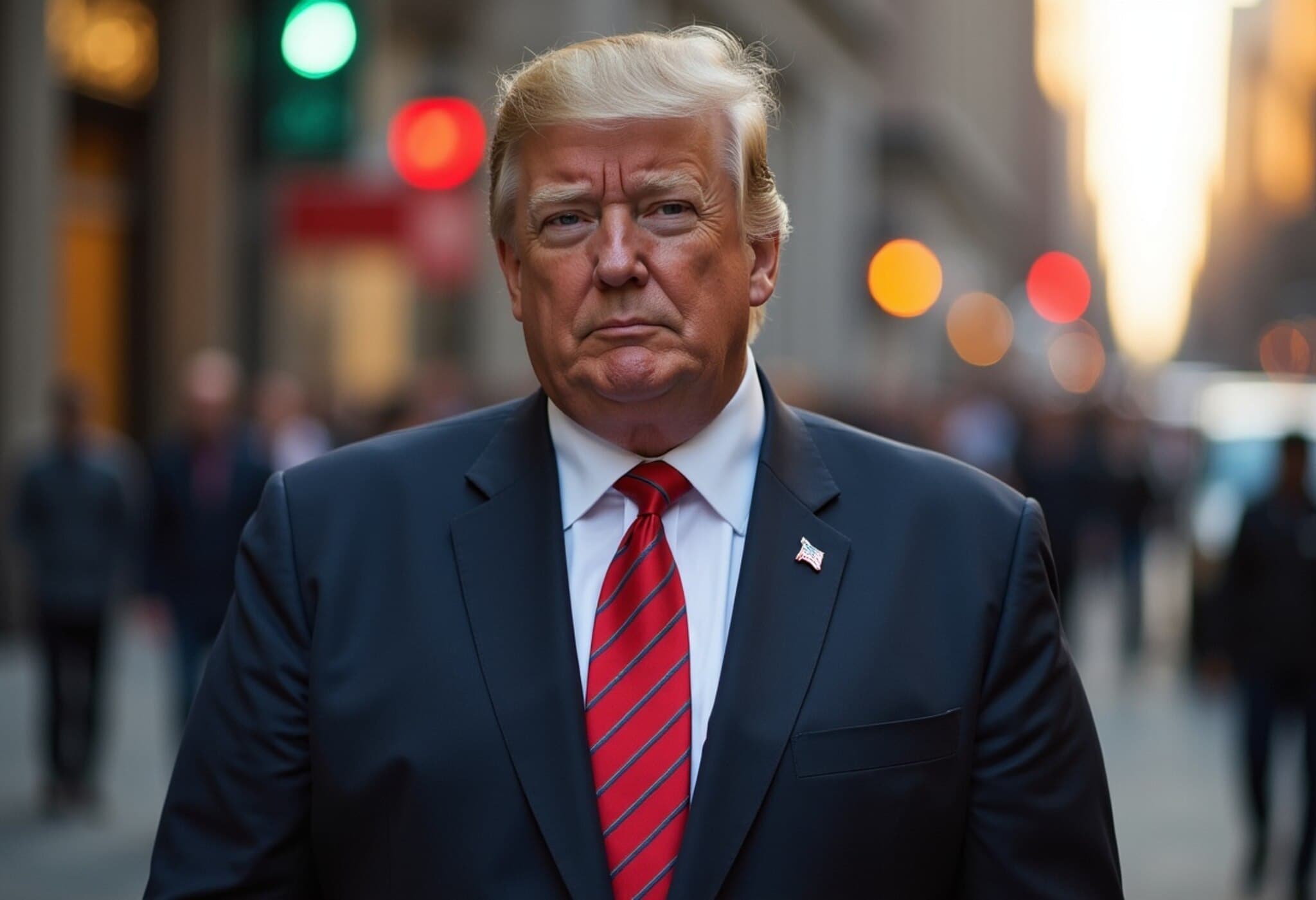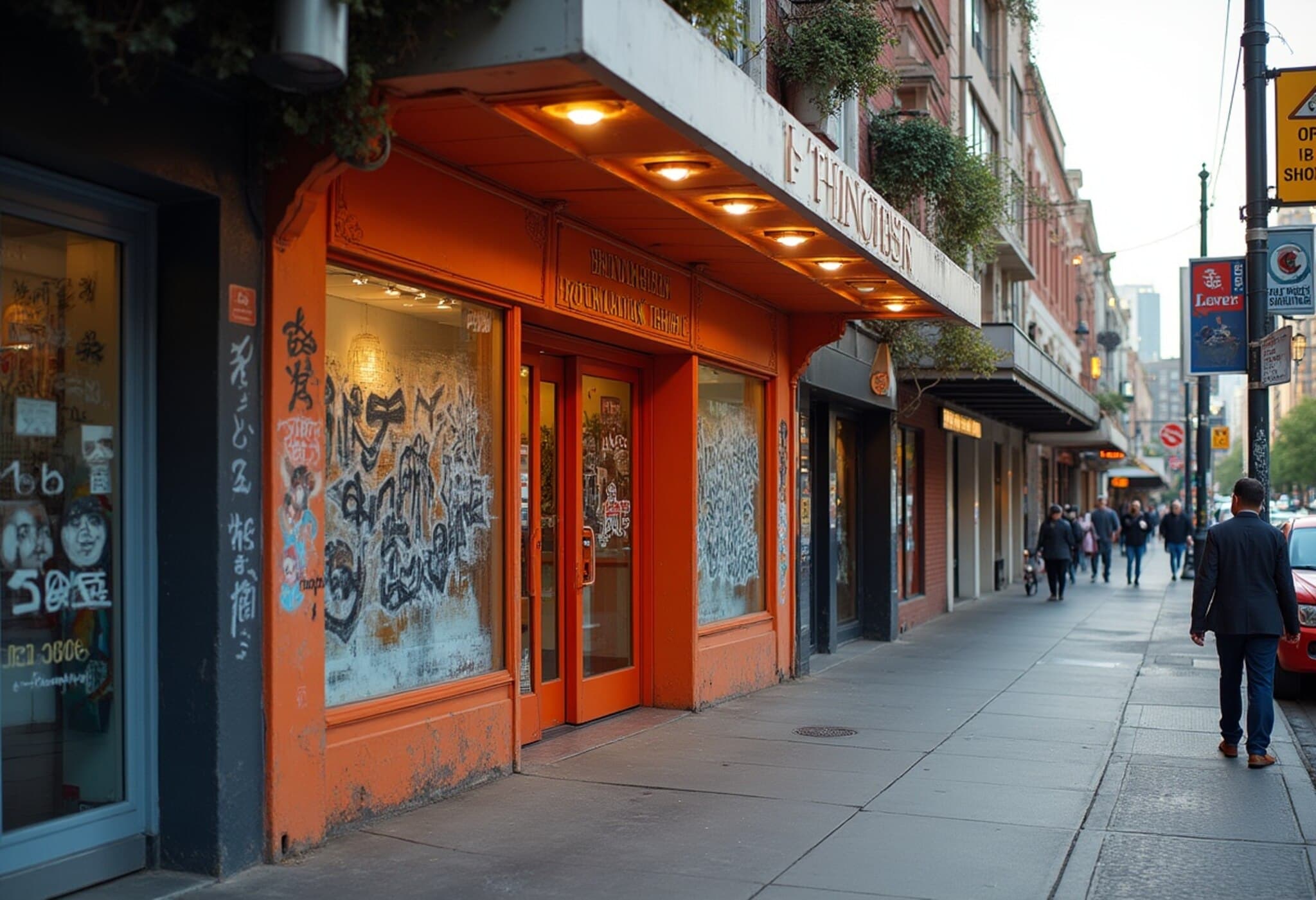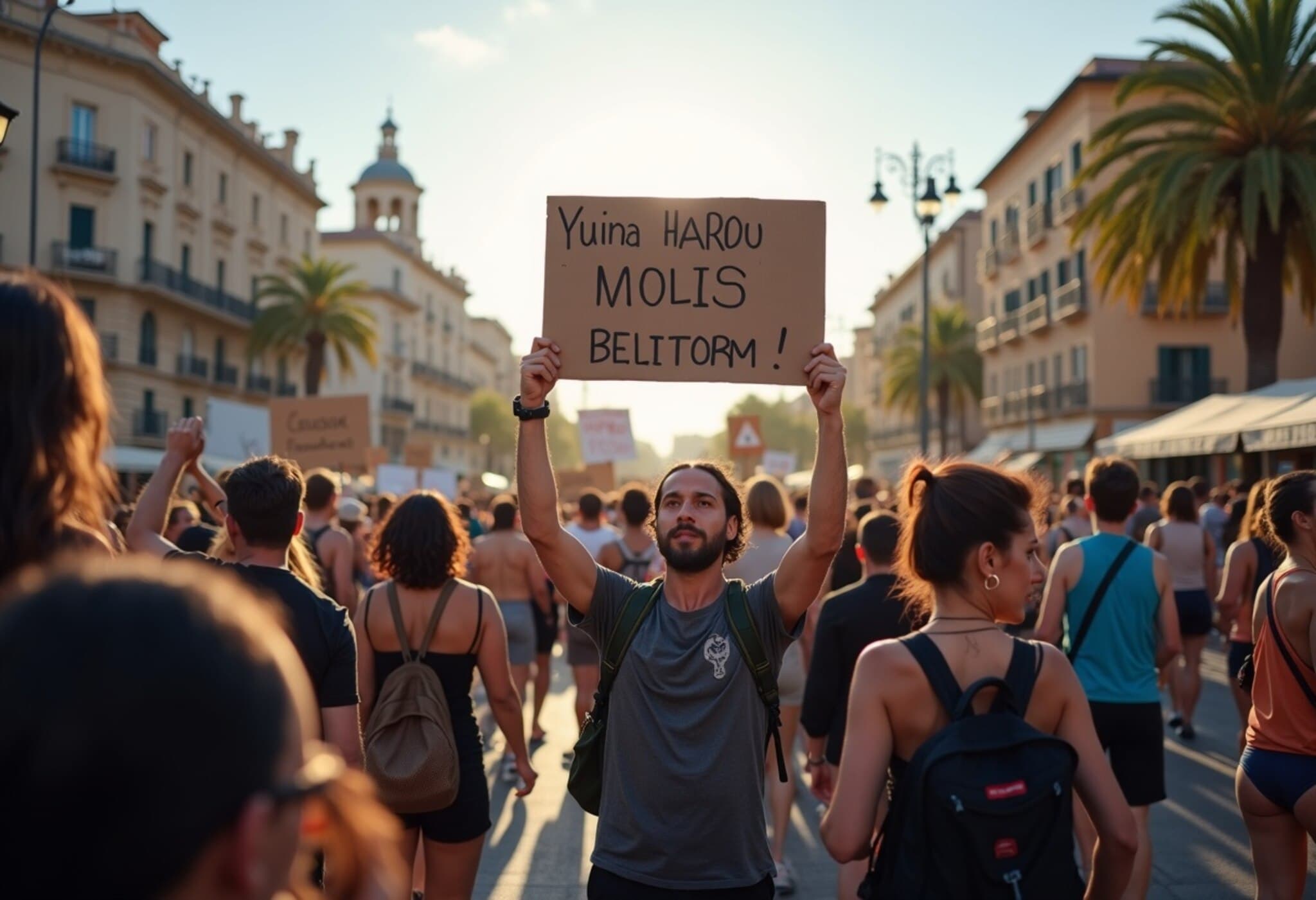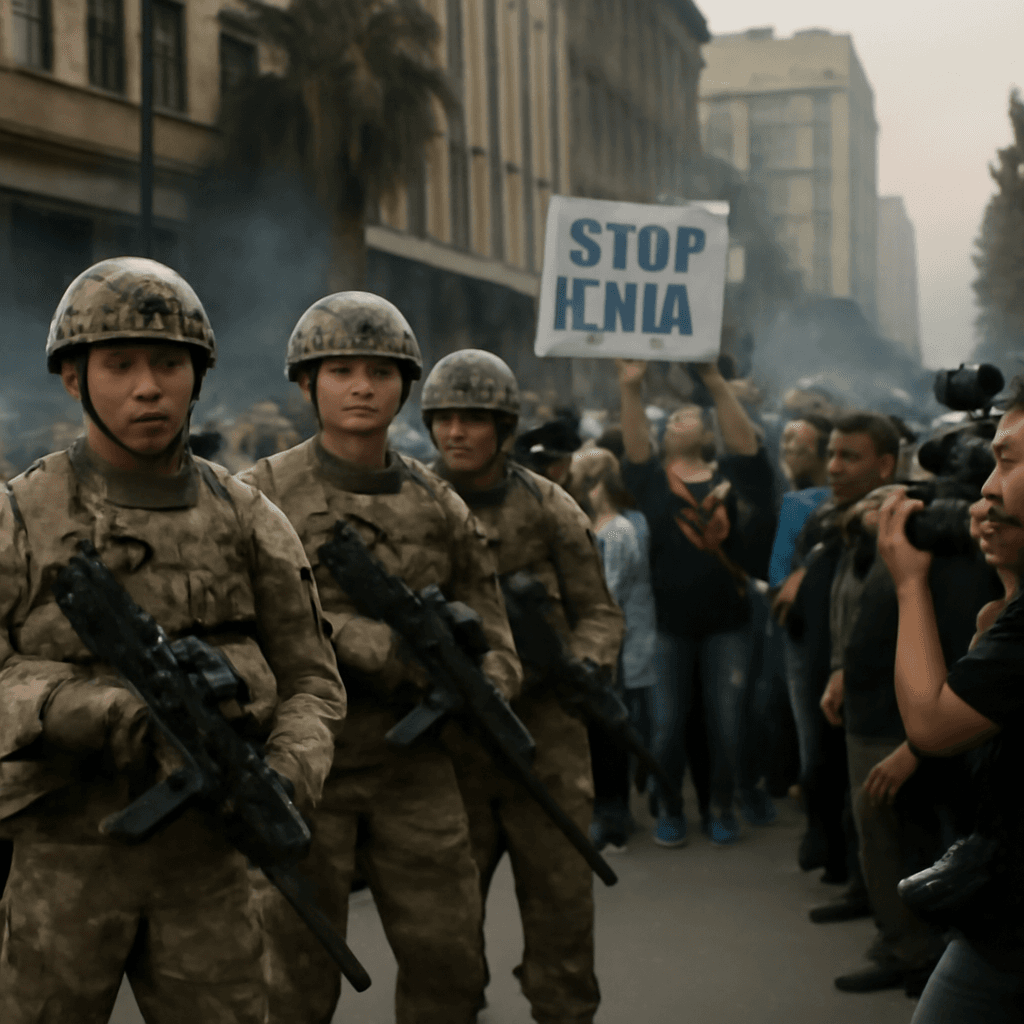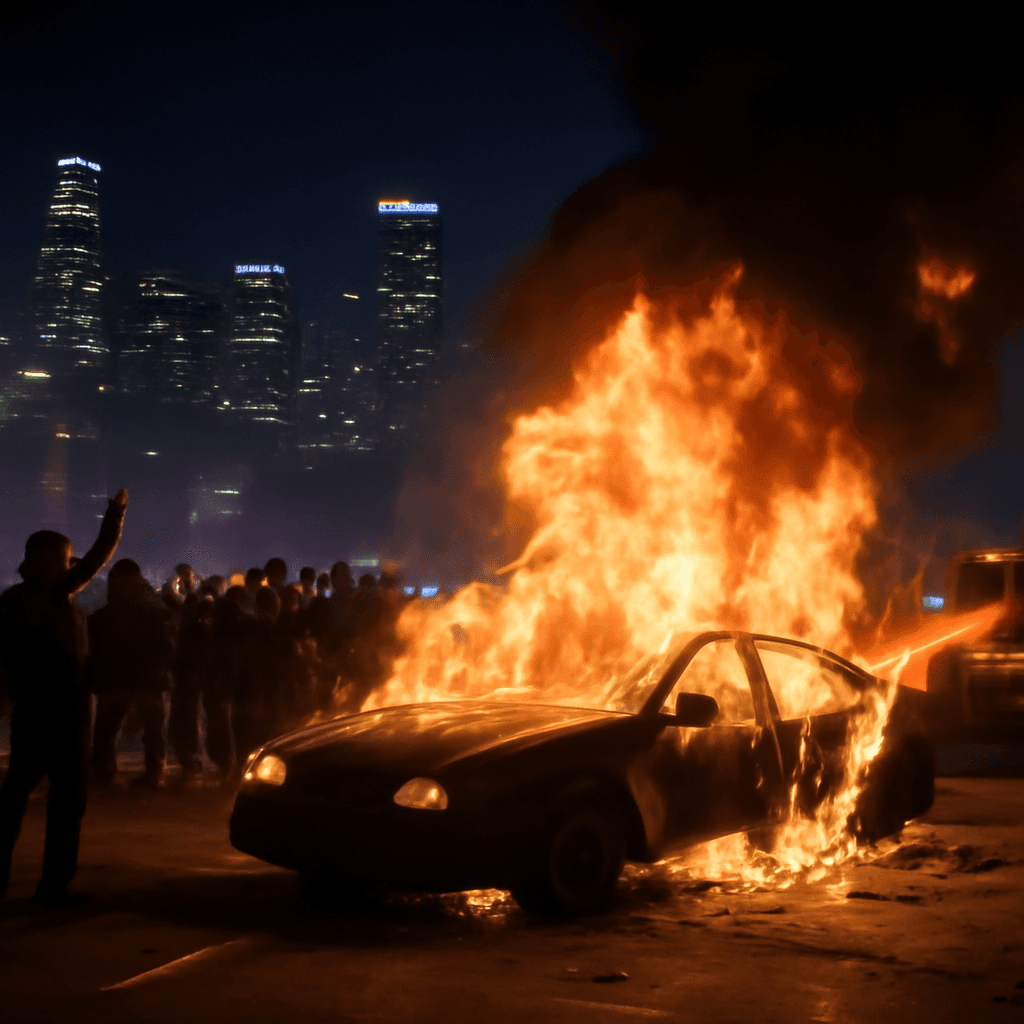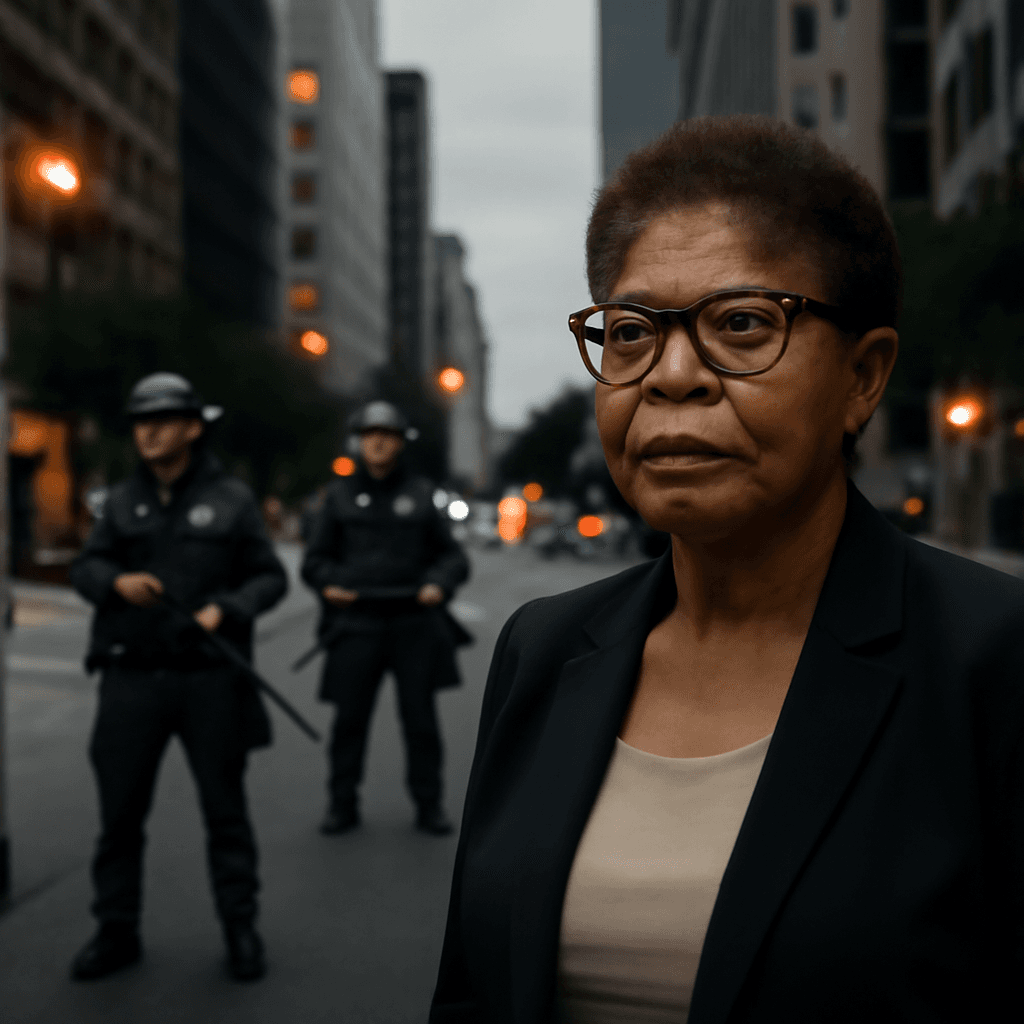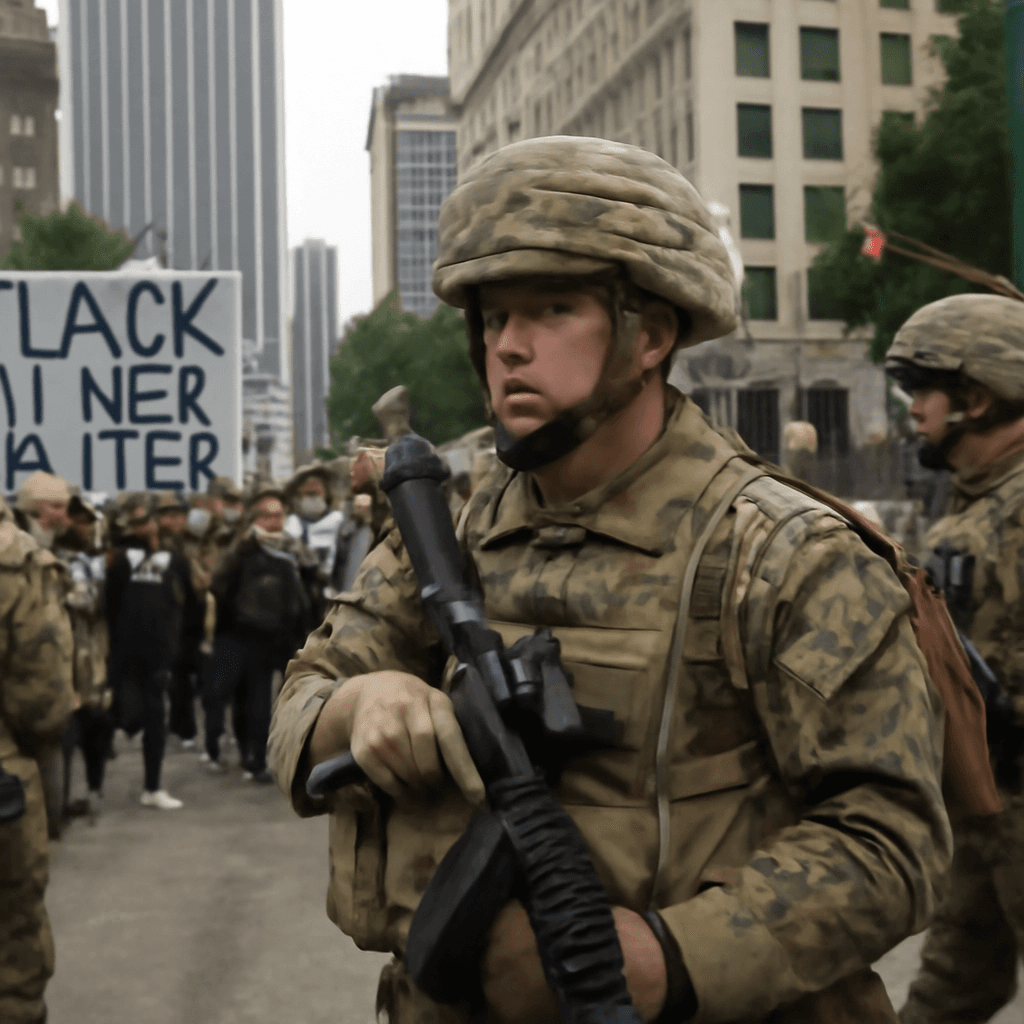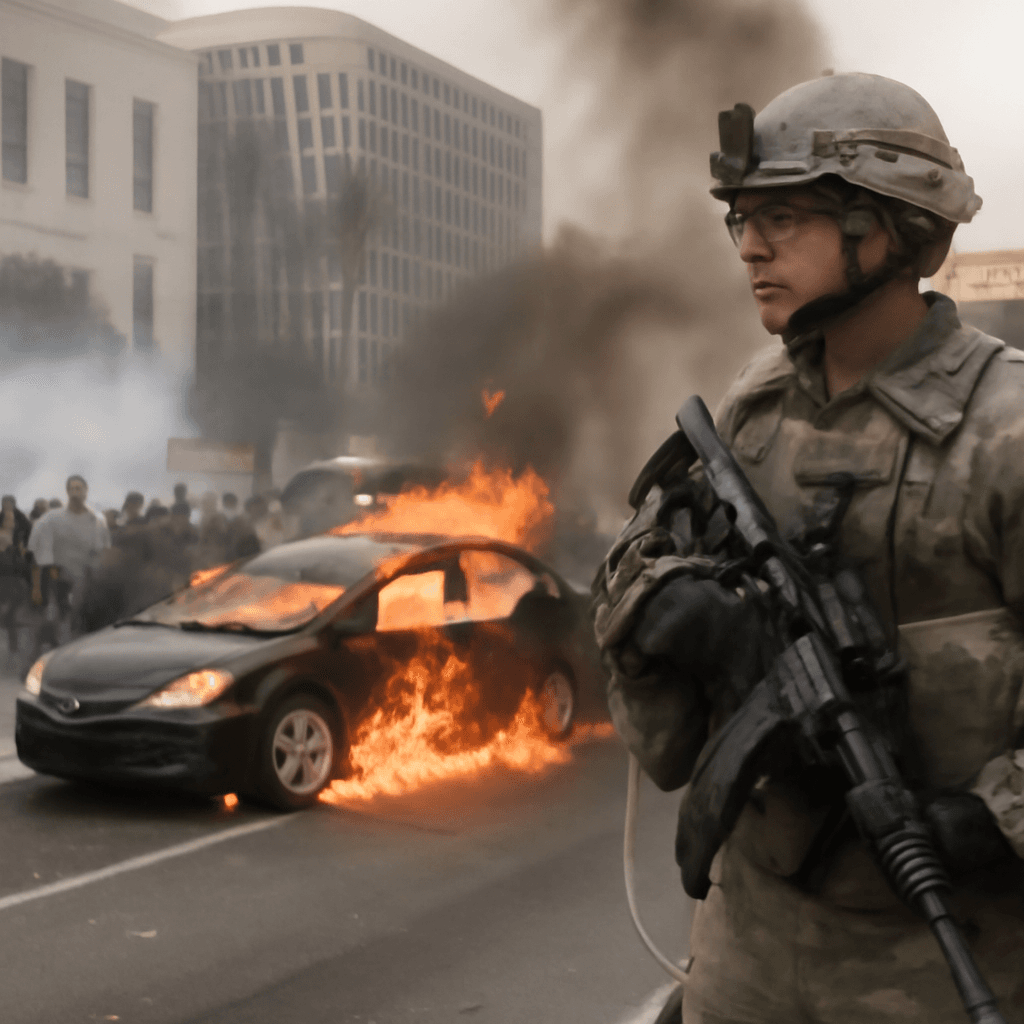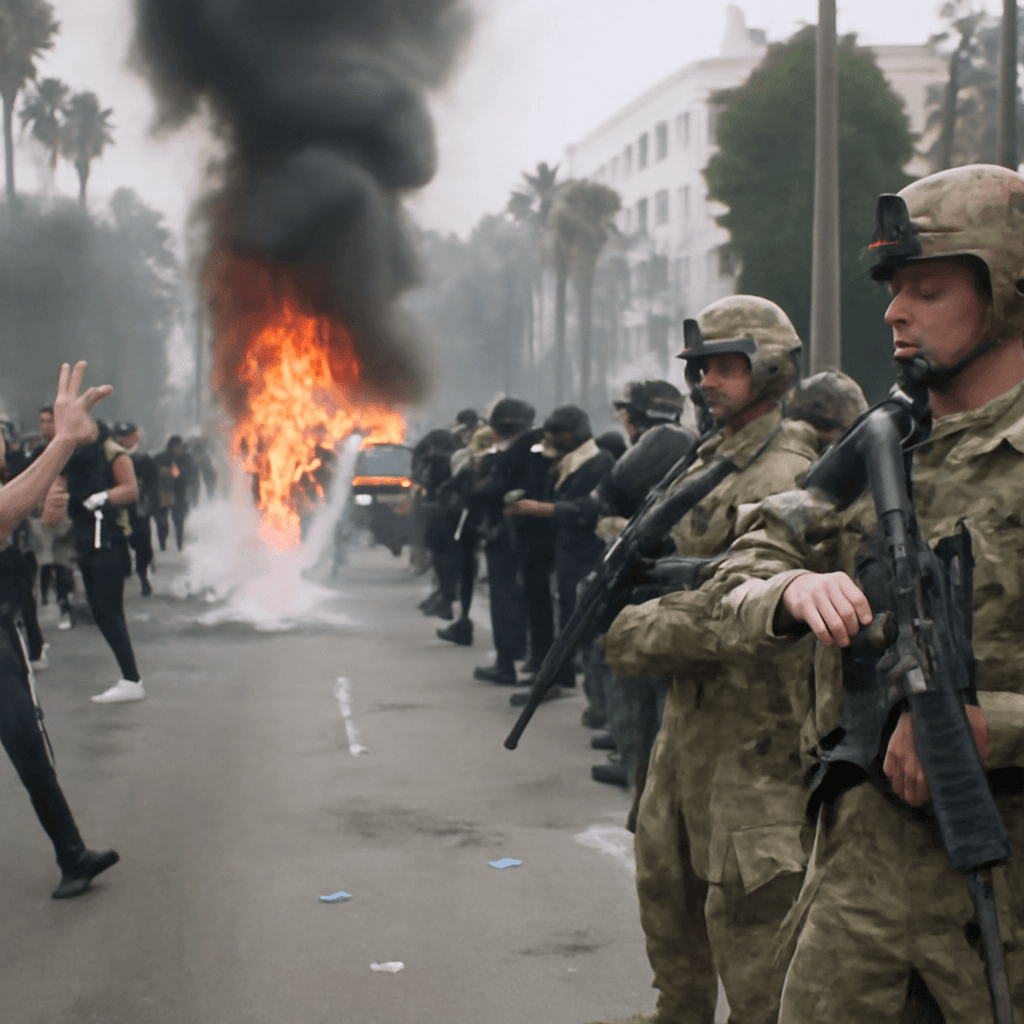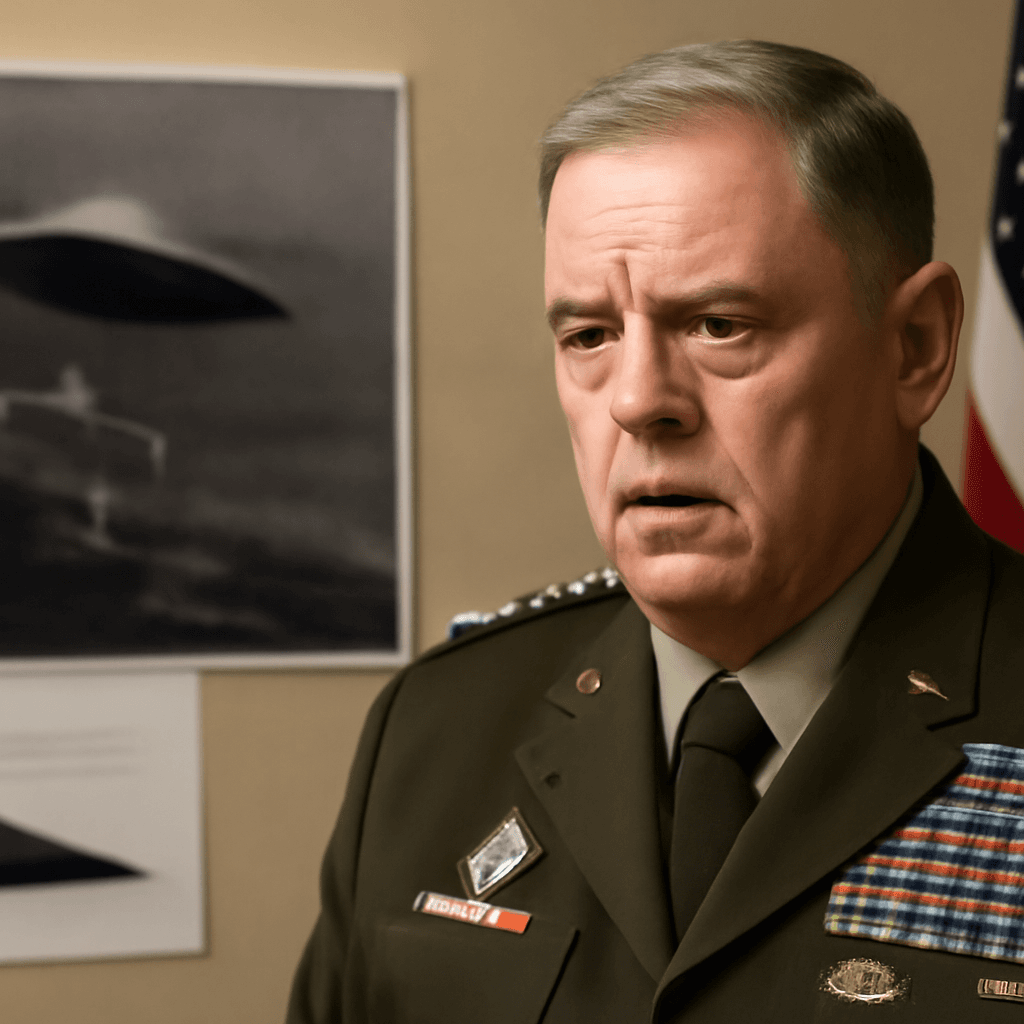The 1992 Los Angeles Riots: A City Ignited
In late April 1992, Los Angeles descended into chaos as a verdict ignited long-standing tensions in the city. After four Los Angeles Police Department officers were acquitted in the brutal beating of Rodney King, an unarmed Black motorist—an incident caught on video and broadcast worldwide—the city erupted into six days of violent riots, looting, and destruction.
A City on Fire: The Unfolding of the Riots
On April 29, 1992, the acquittal verdict triggered an explosive wave of anger that engulfed neighborhoods across LA. Fires blazed, stores were looted, and streets became battlegrounds amidst the chaos. Helicopters patrolled above while clashes between rioters and law enforcement intensified. The toll was staggering:
- More than 60 people killed
- Over 2,000 injured
- Approximately 12,000 arrests
- Damage exceeding $1 billion
- 1,100 buildings destroyed
With the city in turmoil, President George H.W. Bush deployed thousands of federal troops to restore order, marking one of the most significant domestic deployments of military forces in recent U.S. history.
Deep Roots of Unrest
The Rodney King verdict was not the sole cause but a catalyst in a city long plagued by racial tensions and systemic inequalities. Many communities of color had endured unresolved grievances against institutional abuse and discrimination. As unrest spread, the cry of "No justice, no peace" rang out across the streets, symbolizing a collective demand for accountability and change.
Notably, during the riots, dramatic incidents played out live — including a truck driver’s public beating and widespread clashes that forced police officers to retreat, allowing fires to spread unchecked. The mayor declared a state of emergency, and amidst the devastation, King’s heartfelt plea on television—"Can we all get along?"—echoed in the hearts of many.
Aftermath and Lasting Impact
The consequences of the riots reshaped Los Angeles’ political and social landscape:
- LA Police Chief Daryl Gates resigned amid public pressure.
- Mayor Tom Bradley chose not to seek re-election.
- The city settled with Rodney King out of court for $3.8 million.
The events marked a profound moment of reckoning, highlighting the urgent need for systemic reform that resonated far beyond the city's borders.
Echoes in 2025: Lessons and Reflections
More than three decades later, Los Angeles faces new challenges that nevertheless recall painful memories. Recent aggressive immigration raids sparked protests that escalated into violence, with clashes involving law enforcement and civilians erupting once again on city streets. In a controversial move, the President deployed 2,000 National Guard troops without the consent of California’s Governor, evoking parallels with past federal interventions during periods of unrest.
While the players and issues have evolved—from police brutality to immigration enforcement—the underlying flames of social tension remain painfully familiar.
Remembering the Past, Facing the Future
The story of the 1992 LA riots serves as a powerful reminder of the consequences when justice is perceived as out of reach and community voices go unheard. As the city navigates fresh turmoil, these lessons remain crucial to forging a path toward healing and equity.

